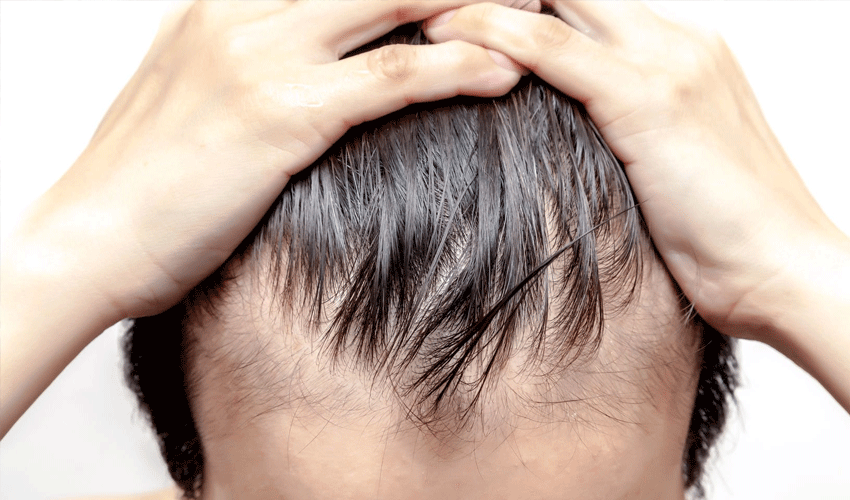Around 70 percent of Pakistanis up to middle age are suffering from baldness, with the number of hair loss cases rising rapidly among both men and women, medical experts revealed.
Speaking at a seminar in Islamabad, the Hair Transplant Society of Pakistan announced plans to train 1,000 surgeons to meet the growing demand for hair transplant procedures across the country.
According to experts, nearly 30 million Pakistanis are currently experiencing hair loss. However, there are only around 150 qualified hair transplant surgeons available nationwide, against an estimated requirement of 5,000.
Dr. Rana Irfan, President of the Hair Transplant Society, said hair loss affects people at various stages of life.
“In Pakistan, 20 percent of individuals begin to lose their hair in their 20s, 40 percent by their 40s, half by their 50s, and 70 percent by their 60s,” he explained.
Experts also warned that hair loss is not confined to men alone. Women are increasingly reporting cases of baldness, a trend attributed to various factors including genetics, illnesses, and stress.
Hair transplant expert Dr. Jawad Jahangir said genetic predisposition—whether from the mother’s or father’s side—remains a major cause. “However, diseases like typhoid, mental stress, and other medical conditions also contribute to hair loss. With proper precautions, it can often be prevented,” he added.
The Hair Transplant Society stated that its decision to train 1,000 new surgeons aims to provide safer and higher-quality treatment options to citizens, amid concerns that unqualified practitioners are putting patients at risk of serious complications.
The Society hopes that by building a stronger, regulated workforce, it will also help curb the rising trend of medical malpractice in the hair transplant sector.



